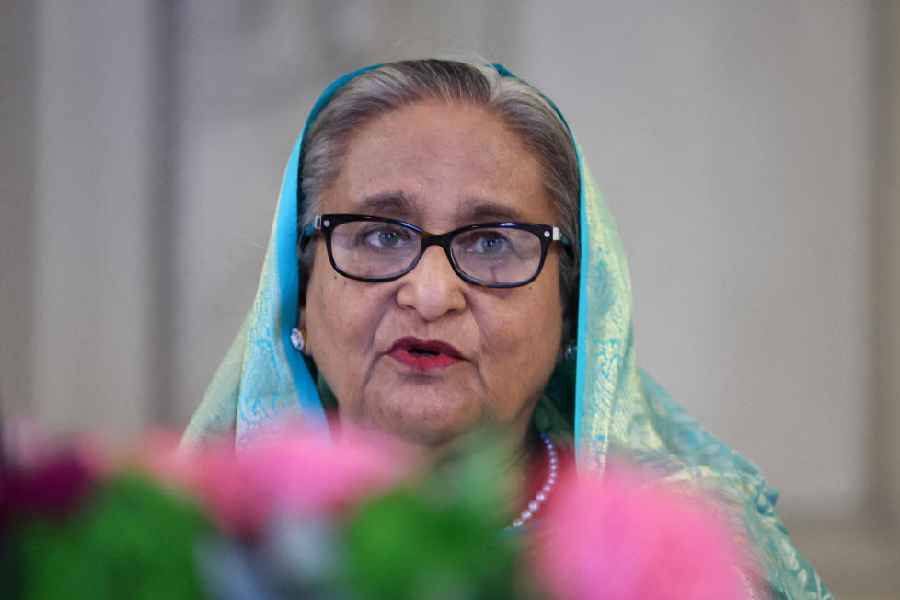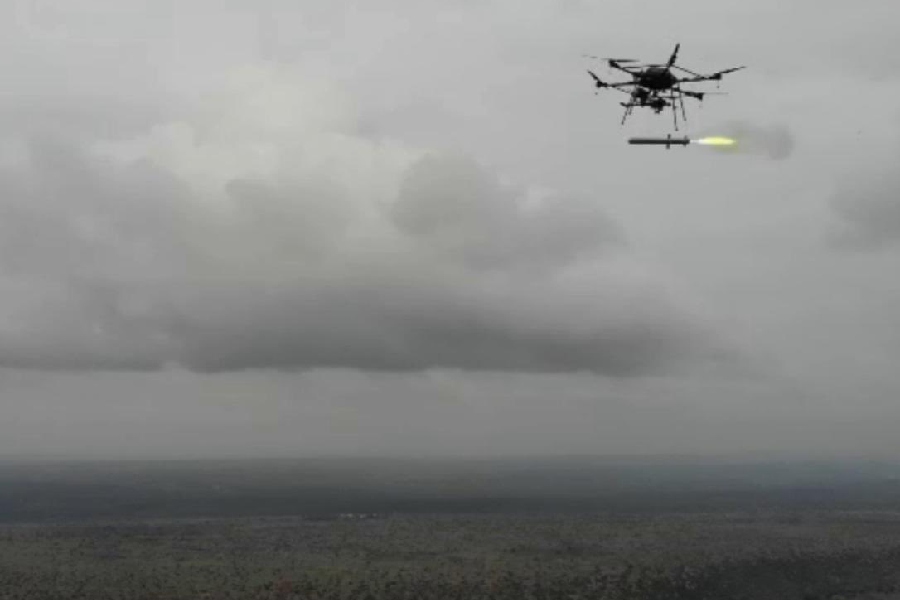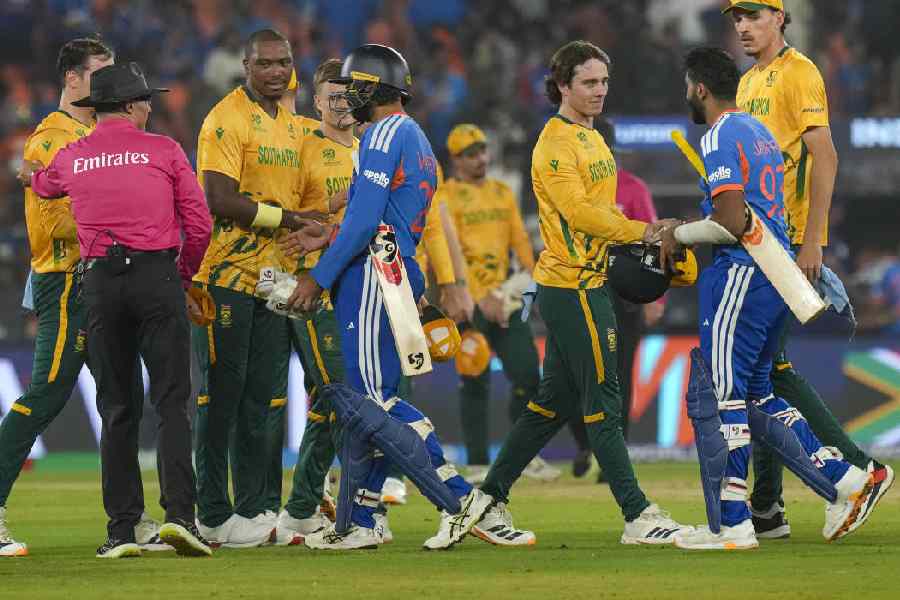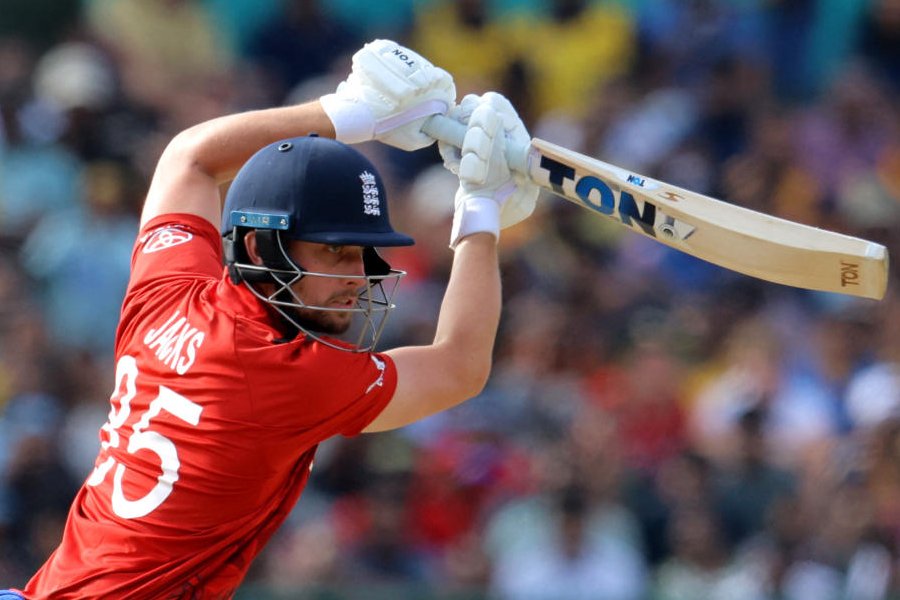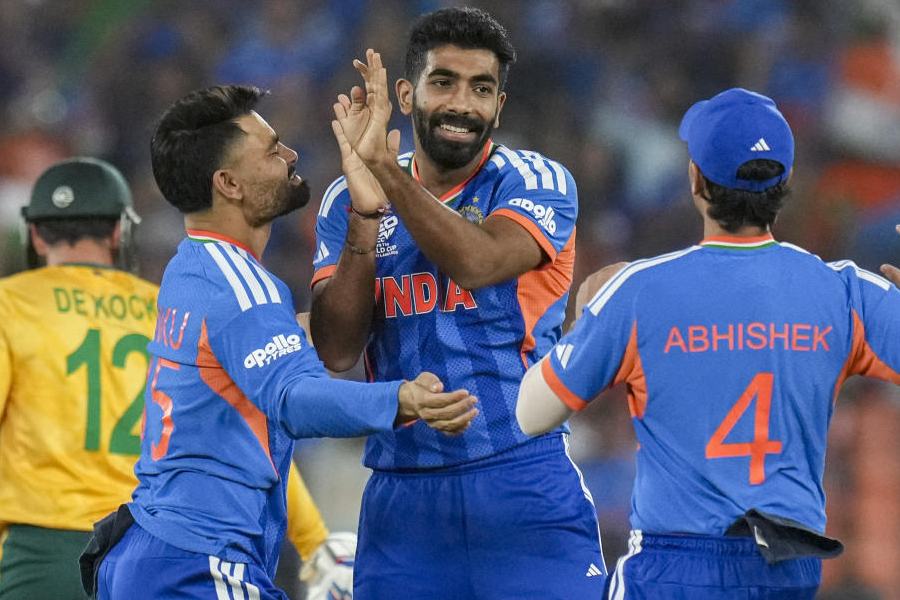The high court of Bangladesh on Thursday refused to pass an order banning Iskcon’s activities, leaving it to the interim government to take the tricky decision.
The demand for the ban has arisen since a lawyer, Saiful Islam Alif, was killed on Tuesday during a clash involving law-enforcers and alleged Iskcon supporters who were protesting the arrest of Chinmoy Krishna Das, a monk previously associated with the organisation.
Amid speculation on how the Muhammad Yunus-led interim government would handle the demand, endorsed by influential sections within it, deposed Prime Minister Sheikh Hasina has come out in support of Das, seeking his immediate release and saying he was “unjustly arrested”.
Mounting pressure on the new government — already facing heat from India following Das’s arrest — she has urged it to protect religious and ethnic minorities who have faced violence since her ouster in August.
The statement from Hasina, who has been in India since August 5, was released on the official Facebook page of her party, the Awami League. It almost echoes the statement issued by New Delhi after the monk’s arrest.
On the options before the Yunus administration, a Bangladeshi legal expert said: “The government can invoke the Anti-Terrorism Act, 2009, and ban any organisation that it considers a terror outfit.... It remains to be seen how it responds to the demand.”
Conversations with experts on Bangladesh affairs suggested that the government’s decision is likely to depend on two conflicting factors.
First, the extent to which certain influential sections within the government — the leaders of the Anti-Discrimination Students’ Movement and the Islamists — exert pressure on Yunus to impose the ban.
Second, Dhaka’s assessment of New Delhi’s likely response if a ban is announced.
On Wednesday, student leaders such as Sarjis Alam and Hasnat Abdullah openly said they would not allow Iskcon to implement “Delhi’s agenda in Bangladesh” and sought an immediate ban.
They cited the organisation’s alleged involvement in the killing of Alif. Several lawyers’ forums aligned with the Bangladesh Nationalist Party (BNP) and the Jamaat-e-Islami echoed the demand on Thursday, calling Iskcon a terrorist outfit.
“The student leaders are the main pillars of the government.... Nor can Yunus afford to ignore the BNP and the Jamaat, as these organisations provide him with the political legitimacy to run the country. Can he ignore them?” asked a veteran journalist who lost his job after the change of guard in Bangladesh in August.
As for the New Delhi factor, the crucial point is that several related topics — the demand for a ban on Iskcon, Das’s arrest and alleged atrocities on minorities — have got intertwined, making it a larger political issue in India. Even Opposition parties like the Congress and Trinamool have expressed concern.
Amid Indian political circles’ heightened interest in Bangladesh — for obvious reasons, since the context of Hindu-Muslim conflict can impact electoral politics on this side of the border — external affairs minister S. Jaishankar met Prime Minister Narendra Modi on Thursday afternoon. Jaishankar is likely to brief Parliament on Bangladesh on Friday.
“The developments since the monk’s arrest in our country have triggered serious reactions in India.... The Modi government has reacted strongly and the Opposition parties are on the same page. Banning Iskcon will not go down well with India. Can Yunus afford to walk that path?” a Bangladeshi academic wondered.
A lawyer believed to be close to the interim government had on Wednesday prayed to the high court for a ban on Iskcon. However, the confusion within the Yunus administration on how to deal with the issue became apparent in the high court when the matter came up on Thursday morning.
When the court asked Md Asaduzzaman, the attorney-general, to inform it about the steps the government had taken relating to Iskcon’s recent activities, the response from the government side was “vague at best”, a lawyer said.
“They only said the government was giving the matter the highest priority and that three cases had been filed in connection with the lawyer’s death and 33 people had been arrested. There was no elaboration of the charge of terrorism against Iskcon, levelled by government insiders,” the lawyer added, explaining the possible reason for the court’s decision to lob the ball back to the government.
Iskcon Bangladesh on Thursday distanced itself from Das and denied that its supporters were involved in Alif’s death.
Hasina’s statement condemned Alif’s killing and urged the Yunus government to carry out a proper investigation and punish the guilty.

